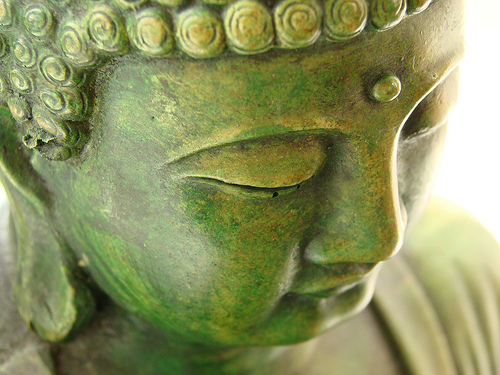“It is not hard to make decisions when you know what your values are.” -Unknown
Have you ever felt a strong instinct to say no to something—but then said yes anyway? I did this a few months back, when someone contacted me on behalf of a bestselling self-help author, asking me to promote his book.
As I’m sure you’ve noticed, I love sharing books that have made a difference in my life. And I generally choose which ones to feature based on a genuine desire to introduce them to you.
When this author’s marketing team contacted me this summer, asking if I’d help make his book a bestseller—without offering to send me a copy—I felt a strong resistance. It felt too much like a business arrangement to engender my earnest support.
Based on what I read about this writer online, I ascertained his book would be a valuable resource, so I agreed to share it—despite only receiving three chapters in a PDF.
As the time got closer, I recognized I wasn’t operating with complete integrity, and ultimately decided to renege. His team sent me a number of angry emails, letting me know the author is “the real deal” and that there was no one else on the planet like him, sharing what he’s learned.
When I recognized the high-pressure, fanatical tone, I instantly felt I’d made the right decision—not because there’s anything wrong with the book or the author, but because the circumstances themselves did not feel right for me.
Ironically, I’d done something I’ve written about before: I made a decision based on value attribution—meaning I assumed I should say yes solely because the author is established and renowned.
In a world where influence is king, we all need to be mindful of how and why we’re swayed if we hope to make decisions for ourselves, based on what we feel is right for us.
This is particularly pertinent when it comes to how we spend our money, as there will always be a groundbreaking new system, or a life-changing new course, often promoted by people we admire and trust.
That’s to not to say we shouldn’t support them and we wouldn’t benefit by doing it. It’s just that we’re best equipped to help ourselves when we say yes because we actually want to—not because we think we should.

Photo by jamiehladky
About Lori Deschene
Lori Deschene is the founder of Tiny Buddha. She started the site after struggling with depression, bulimia, c-PTSD, and toxic shame so she could recycle her former pain into something useful and inspire others to do the same. You can find her books, including Tiny Buddha’s Gratitude Journal and Tiny Buddha’s Worry Journal, here and learn more about her eCourse, Recreate Your Life Story, if you’re ready to transform your life and become the person you want to be.
- Web |
- More Posts













 Though I run this site, it is not mine. It's ours. It's not about me. It's about us. Your stories and your wisdom are just as meaningful as mine.
Though I run this site, it is not mine. It's ours. It's not about me. It's about us. Your stories and your wisdom are just as meaningful as mine. 